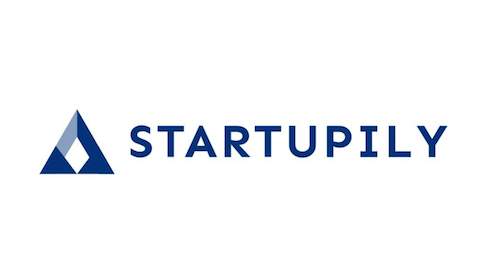As an aspiring entrepreneur with global aspirations, finding the right destination to start your business is crucial. You must opt for a country where it is easy to set up your venture and start life afresh. Italy has a favorable business landscape, with fewer complexities related to taxes and regulations for foreign startups. Not to mention, you can access a huge market in the country and across the EU. Growing your revenues and reach will be easier than you imagine. The best thing is that you need not struggle much for immigration as an Italian investor visa gets you in with minimal effort.
Obtaining an Italian investor visa lets you enter the country easily, bring your family along, and start a life with them. If you want to know the nitty-gritty of the investment route, here is a detailed guide by Bersani Law Firm to help. You can follow this checklist for obtaining an Italian investor visa without stress and hassles.
Know How Much to Invest
Since an investor visa is about investment, you must have a clear idea of the amount you require to go ahead. You will need the money more than anything else to start with the process. The option is primarily for the rich who can afford to buy residency in another country. Expect to bring a considerable sum though you have to do it only after completing the process.
You also have multiple alternatives, from a starting funding of €250,000 in a startup to €500,000 in an established Italian business, €1 million as a philanthropic donation, and €2 million as the purchase of government bonds. You can select the one that aligns with your preference and budget. Since you have a choice, it gets easy to access the route according to your capacity.
Understand the Nulla Osta Process
The investor visa process is fast and easy, and you can expect to complete it within a couple of months. So you need not put your entrepreneurial dreams on a hold, even when establishing a business in another part of the world. But you need to understand the key steps to make the journey smooth. Before applying for the investor visa, you will have to get a certificate of no impediment (nulla osta).
It is the cornerstone of the process, so make sure you are ready for it. Essentially, it proves that you have valid funds for investing in the country. It means you need not bring the actual money for investment, but you will need to prove its availability. You will have to apply for nulla osta online and submit bank proof of funds with the application. The process takes only 30 days, so you can complete it without much effort.
Get Your Investor Visa
Once you get the certificate of no impediment, you become eligible for an investor visa right away. The best part is that you can do it at your local consulate, so you need not spend on travel and accommodation in Italy. Just step into the nearby Italian consulate and do the needful. Besides the nulla osta, you will need to provide proof of your age, health status, and clean criminal record. These are the basic requirements for an investor visa. If your documents are complete and accurate, expect the process to be a breeze. You will get the visa without hassles and delays, so you are all set to land in Italy and start your business journey.
Keep Your Funds at Hand
Although you do not have to bring the money until landing in Italy, you must have them at hand before starting with the process. Everything boils down to picking the option you can afford without pinching your wallet. Moreover, it will be easy to provide proof of funds for nulla osta if they are readily available. You will need to make the committed investment within three months of getting your residence permit. If you fail to do it, you will not be able to stay in Italy.
The authorities will revoke your residence permit right away and send you back home. So make sure you are all set with the funding. The good thing about an investor visa is that it entitles you to bring your family along without extra investment. You only have to show you can support them financially when they reach Italy. Proof of income and Italian residence get you through with the process.
Set Up for Citizenship Goals
When you start a business in Italy, you will have a long-term plan to grow and establish your venture. An Italian investor visa gives you the right start because it converts to a residence status right away. You begin your journey with a two-year residence permit, and you can renew it for another three years before expiration. After a five-year period, you can convert to permanent resident status. Eventually, you become entitled to citizenship by naturalization. But you have to follow the immigration rules and norms to reach that stage over a decade. Over this time, you can establish your business and live with your family. The residence permit enables you to access education and healthcare facilities in the country. You can also travel across the EU without a visa, making it easy to explore new markets and expand your reach.
The investor visa is the easiest way to land in Italy and set up an international business here. Just make sure you can afford to hold your investment until reaching your citizenship goals. Having an expert guiding you about immigration norms is an extra benefit. They can help you assess different investment routes and decide the one that works for you. Further, they can also guide you through the nulla osta process and investor visa application. They play the most crucial role when it comes to converting to citizenship by naturalization. The immigration law is complicated for a layman, so having an expert guiding you for renewal and citizenship routes always helps. Find someone you can rely on and be more confident about the entire journey.
Author – Nora has been working as a freelance content writer with submitcore. She loves to share her information through her write-ups. She loves to read books and travel.

- Why Your Startup Should Start as It Means to Go On
- Empower Your Business with GridPanel Comprehensive Web Scraping Solutions
- Understanding the Role of Elastic Fibers in Modern Fabrics
- Cyber Defenders: A Look at the Global Cybersecurity Industry
- Elevate Your Business with Strategies from an Entrepreneur Author




